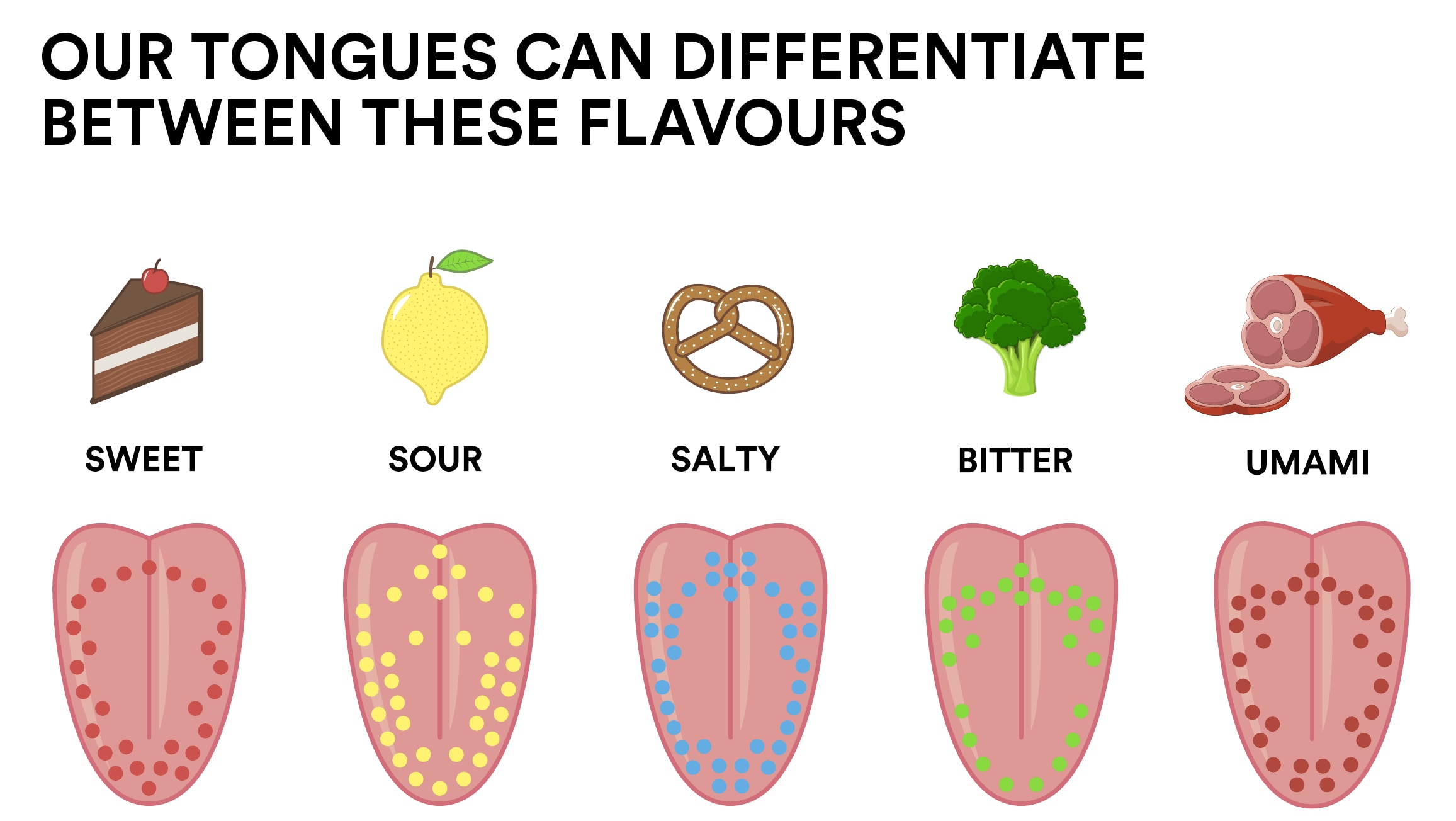Food tastes like soap: a peculiar and disconcerting experience that can leave us questioning our taste buds and wondering what went wrong. This perplexing taste alteration can stem from various causes, ranging from medical conditions to dietary factors. Join us as we delve into the curious world of food that tastes like soap, exploring its potential triggers and uncovering ways to restore our taste perception.
From the role of zinc deficiency to the impact of medications and sinus infections, we’ll unravel the medical mysteries behind this unusual taste experience. We’ll also examine how certain foods and drinks, as well as poor oral hygiene, can contribute to altered taste perceptions.
Along the way, we’ll uncover the fascinating link between our emotions and our sense of taste, discovering how stress and anxiety can influence our culinary experiences.
Dietary Factors

Dietary factors can significantly influence taste perception, including the development of soap-like tastes. Certain foods and drinks possess compounds that interact with taste receptors, altering their sensitivity and leading to taste distortions.
Strong flavors, such as those found in spicy foods, can temporarily overwhelm taste buds, diminishing their ability to detect other flavors accurately. This can result in a diminished perception of sweetness and an enhanced perception of bitterness, potentially contributing to soap-like tastes.
Foods and Drinks Triggering Soap-Like Tastes
- Certain Medications:Some medications, such as antibiotics and antidepressants, can alter taste perception as a side effect.
- Grapefruit Juice:Contains compounds that inhibit the breakdown of certain medications, leading to increased drug levels in the body and potential taste alterations.
- Zinc Deficiency:Zinc is essential for taste bud function, and deficiency can result in taste distortions, including soap-like tastes.
- Spicy Foods:Capsaicin, the compound responsible for the spiciness of chili peppers, can temporarily desensitize taste buds, affecting taste perception.
- Coffee:Contains caffeine, which can bind to taste receptors and alter taste sensitivity.
Oral Hygiene

Oral hygiene plays a crucial role in maintaining taste perception. The mouth is home to a diverse community of bacteria, and maintaining a healthy balance is essential for optimal taste function.
Poor oral hygiene can disrupt this delicate ecosystem, leading to an overgrowth of harmful bacteria. These bacteria can produce compounds that interfere with taste bud function, resulting in a distorted or diminished sense of taste.
Tips for Improving Oral Hygiene to Enhance Taste Perception
- Brush your teeth twice daily with a fluoride toothpaste.
- Floss daily to remove plaque and bacteria from between teeth.
- Use a tongue scraper to remove bacteria and debris from the tongue.
- Rinse your mouth with an antiseptic mouthwash to kill bacteria.
- Avoid sugary foods and drinks, as they can promote bacterial growth.
- See your dentist regularly for professional cleanings and checkups.
Psychological Factors

Psychological factors play a significant role in shaping our taste perceptions, influencing how we experience and interpret flavors. Stress and anxiety can profoundly affect taste sensitivity and preferences, while emotions such as joy, sadness, and disgust can alter the way we perceive food.
Stress and Anxiety, Food tastes like soap
When under stress or anxiety, the body releases hormones like cortisol and adrenaline, which can affect taste perception. These hormones can suppress the activity of taste buds, reducing sensitivity to certain flavors, particularly sweet and sour tastes. As a result, individuals may experience a diminished sense of taste or find that foods taste bland or less flavorful.
Emotions
Emotions can also influence taste experiences. For instance, joy and happiness can enhance the perception of sweet and savory flavors, while sadness and disgust can suppress taste sensitivity. This is because emotions are linked to the release of neurotransmitters that can interact with taste receptors and alter their activity.
User Queries: Food Tastes Like Soap
Why does my food taste like soap?
There are several potential causes, including zinc deficiency, certain medications, medical conditions like sinus infections, dietary factors, poor oral hygiene, and psychological factors such as stress and anxiety.
What can I do if my food tastes like soap?
Identify any potential underlying medical conditions or dietary triggers. Practice good oral hygiene and consider zinc supplementation if necessary. If the problem persists, consult a healthcare professional for further evaluation.
Is it dangerous if my food tastes like soap?
In most cases, food tasting like soap is not dangerous and will resolve on its own. However, if it persists or is accompanied by other symptoms, it may indicate an underlying medical condition that requires attention.
